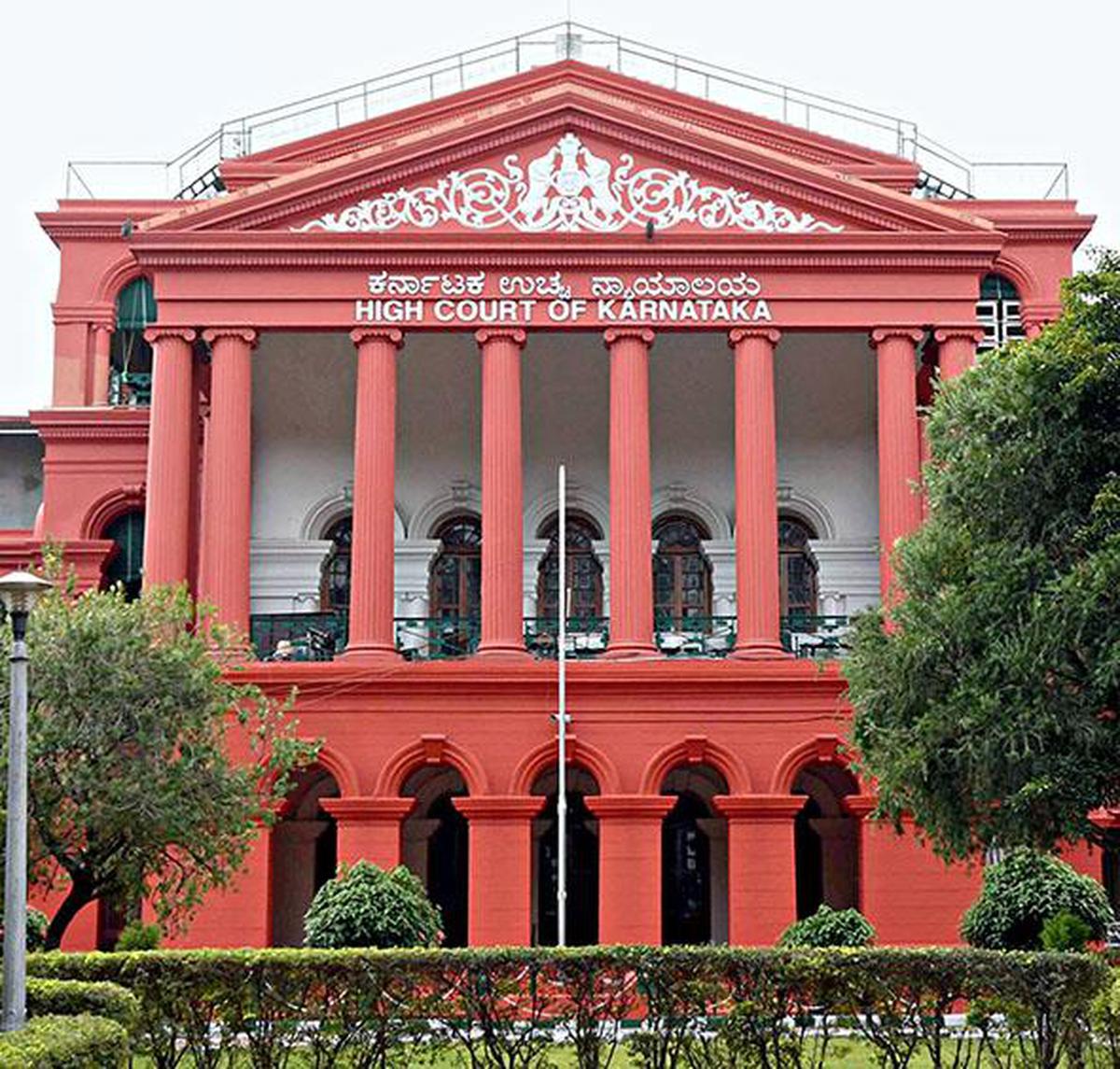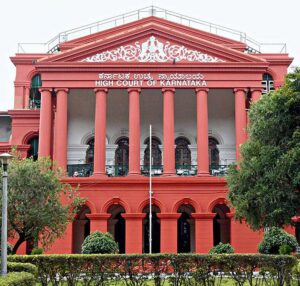The Karnataka High Court has declined to cancel legal proceedings against both licensed and unlicensed bookies operating at the Bangalore Turf Club. They stand accused of collecting GST from punters and TDS from winning bettors but failing to remit these amounts to the appropriate authority. Additionally, they are alleged to have neglected to maintain accurate records.
In a ruling by Justice S Vishwajith Shetty, a single judge bench dismissed a petition seeking to quash the FIR filed under several sections, including Section 78(1)(a)(i) of the Karnataka Police Act, Section 12 of the Karnataka Race Betting Act, and Section 420 of the Indian Penal Code.
The court deemed the allegations against the accused as very serious, particularly regarding the suspected misappropriation of significant amounts collected for GST and TDS payments. Consequently, the petitioners’ request to dismiss the FIR against them was denied.
According to the prosecution’s case, the Central Crime Branch (CCB) Unit received information indicating that certain bookies at the Bangalore Turf Club were engaging in horse race betting activities without maintaining proper records. This lack of documentation allegedly enabled them to evade taxes owed to the state.
Following initial investigation, the High Grounds Police Station filed an FIR, resulting in the arrest of 66 individuals, while 9 others remained at large.
The petitioners argued that they are authorized to collect betting amounts from punters, and even if the allegations are proven, only GST Officers have the authority to take action, not the police.
However, the prosecution objected to these arguments, stating that the petitioners issued betting cards that did not meet the necessary format requirements, lacking tax invoices or GST numbers.
The bench clarified that the offense under Section 78(1)(a)(i) would not apply to betting accepted or collected by licensed bookies on the day of a horse race held within a designated enclosure on a racecourse, as long as the licensed bookies have strictly adhered to the terms of their license. However, the offense under Section 78(1)(a)(i) would apply to unlicensed bookies since they are not covered under the exception outlined in Section 2(7) of the Act.
Referring to Section 65(b) of the Act, which empowers all police officers to gather intelligence regarding the commission of cognizable offenses or plans to commit such offenses, the court emphasized that the first informant, a police officer attached to the Central Crime Branch (CCB), was capable of receiving credible information and taking necessary action based on it.
Additionally, the court highlighted that a police officer has the authority to conduct a preliminary inquiry to verify the accuracy of credible information before registering an FIR.
Regarding the allegations against the accused, it was asserted that licensed bookies, who collected GST and TDS amounts from punters and winning bettors, failed to deposit these amounts with the appropriate authority. Furthermore, they allegedly neglected to maintain proper records and issue receipts to punters for the betting amounts collected. Unlicensed bookies, on the other hand, purportedly collected betting money from the public under the false pretense of being licensed bookies, without proper accounting or issuance of receipts. Additionally, the GST and TDS amounts collected by them were reportedly not deposited with the relevant department.
The court concluded that the allegations in the FIR and the evidence collected during the investigation prima facie establish a cognizable offense against the accused.













